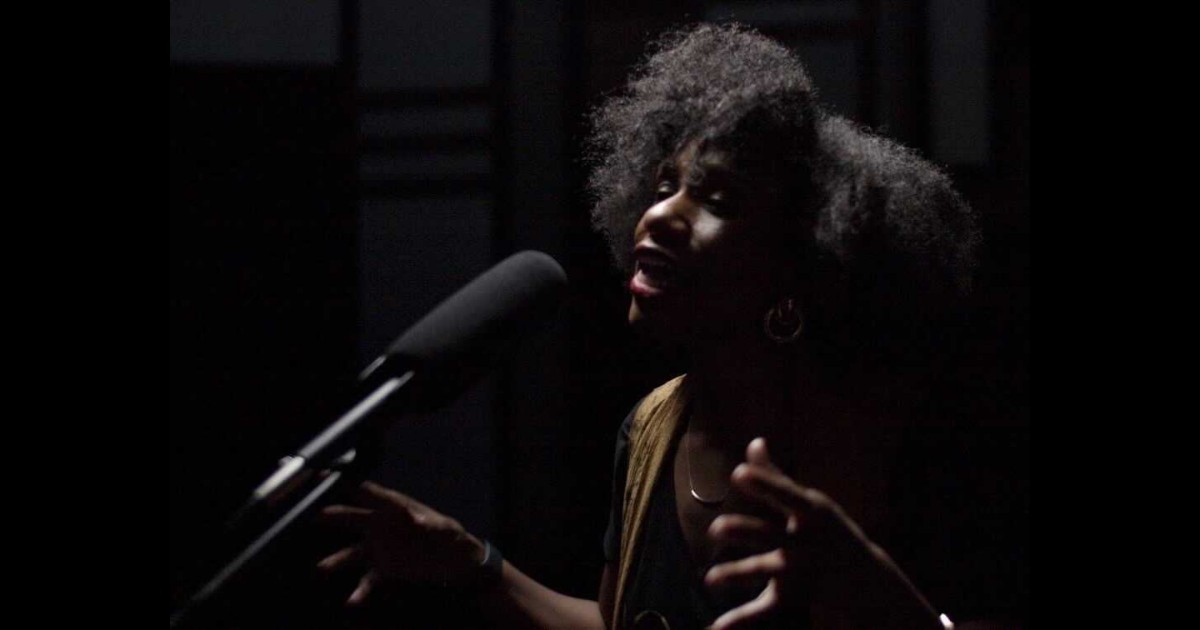The 1921 Tulsa Massacre Centennial: A Synopsis, Resources, and Art
June 1, 2021
This Memorial Day weekend, residents of Tulsa, Oklahoma and many throughout the world united in remembrance of the 1921 Tulsa Race Massacre, a horrific stain on the city’s racial history that divides communities even today. As part of New Classrooms’ organizational commitment to building and supporting a workforce where all employees are respected, honored, celebrated, and have the opportunity to succeed, our Diversity, Equity, and Inclusion (DEI) team put together this set of resources to help educate and empower our employees. We hope you find these resources helpful in your workplace, classroom, and more.

We’re also proud to share the work of Crystal Carter, our Deputy Director of Instructional Support at New Classrooms. Make sure to scroll through the post to catch her recent docudrama, her interview with BBC, and news about her upcoming projects.
For decades, this information was hidden and omitted from history books. Many Americans, even in Tulsa, knew nothing about it. For a quick study, here’s a general summary of the Tulsa Race Massacre. An additional article discusses the role of entrepreneurship in the creation of Black Wall Street. Finally, this slideshow shows a number of images of the event. (Trigger warning: It shows some pretty devastating pictures, so be sure to note this before viewing.)
With the rise of the Black Lives Matter movement, many have become increasingly interested in learning more about the stories of Dick Rowland, Sarah Page, and Black Wall Street. The incredibly popular National Museum of History and Culture created an exhibit honoring the survivors of the massacre and educating people regarding Greenwood.
For the Centennial, festivals, documentaries, and other events commemorating this moment in history are popping up everywhere. See below for a list of happenings, and for additional information regarding the Tulsa Race Massacre.
Additional information and resources
- 1921 Tulsa Race Massacre Centennial Commission: Resources on the Tulsa Race Massacre, as well as number of events hosted in honor of the centennial.
- Tulsa Burning: The 1921 Race Massacre: Documentary produced by Russell Westbrook
- Black Wall Street: From Riot to Renaissance in Tulsa’s Greenwood District: Book by Hannibal Johnson, one of the foremost authorities on the Tulsa Race Massacre and Greenwood District.
- Riot on Greenwood: The Total Destruction of Black Wall Street: Book by Eddie Faye Gates, a nationally recognized historian and expert on the Tulsa Race Massacre.
Events
- Remember & Rise: An online event, Monday, May 31st at 12:00PM CDT, sponsored by the Tulsa Race Massacre Commission featuring Stacey Abrams and John Legend.
- Learn about the Eddie Faye Gates Collection: Join IMLS Research Scholar Autumn Brown on June 1st to explore some of the main themes of the Eddie Faye Gates Tulsa Race Massacre Collection — the compassion, resilience, and what they mean for our communities today.
- Black Wall Street Legacy Festival: A series of events, dedications, and programs beginning with the anniversary of the 1921 Tulsa Race Massacre and culminating with Juneteenth festivities.
- OSU-Tulsa Educating for Justice Workshop: An inaugural, three-part, non-credit series that focuses on a collection of topics, such as The African Diaspora, The Evolution of Greenwood, and Business and Bias.
From Crystal Carter: a docudrama, an interview with BBC Radio, and a new project on the way
We’re fortunate that Crystal Carter is a part of our team at New Classrooms. We know her as Deputy Director of Instructional Support at New Classrooms, and as an involved member of our Diversity, Equity, and Inclusion (DEI) team. She is also a poet and artist. Crystal recently had the opportunity to speak on BBC Radio about the Tulsa Race Massacre. She and a number of other Tulsa artists recited poems and stories marking the centennial of the Tulsa Race Massacre, and shared how they are coming to terms with this history through art and music. Please give the piece a listen here.
For more of Crystal’s work, watch “Greenwood Ablaze, A Tulsa Race Massacre Arts Documentary.” We look forward to Crystal’s next project, “Black Like Me,” in July 2021.
As part of our DEI team, Crystal has also interviewed several outstanding individuals, which can be found on our blog. Check out the story of Mikeal Vaughn, the Founder and Executive Director of Urban Coders Guild, a non-profit headquartered in Tulsa, OK that provides STEM (Science, Technology, Engineering, and Math) education opportunities to underrepresented and underserved communities.